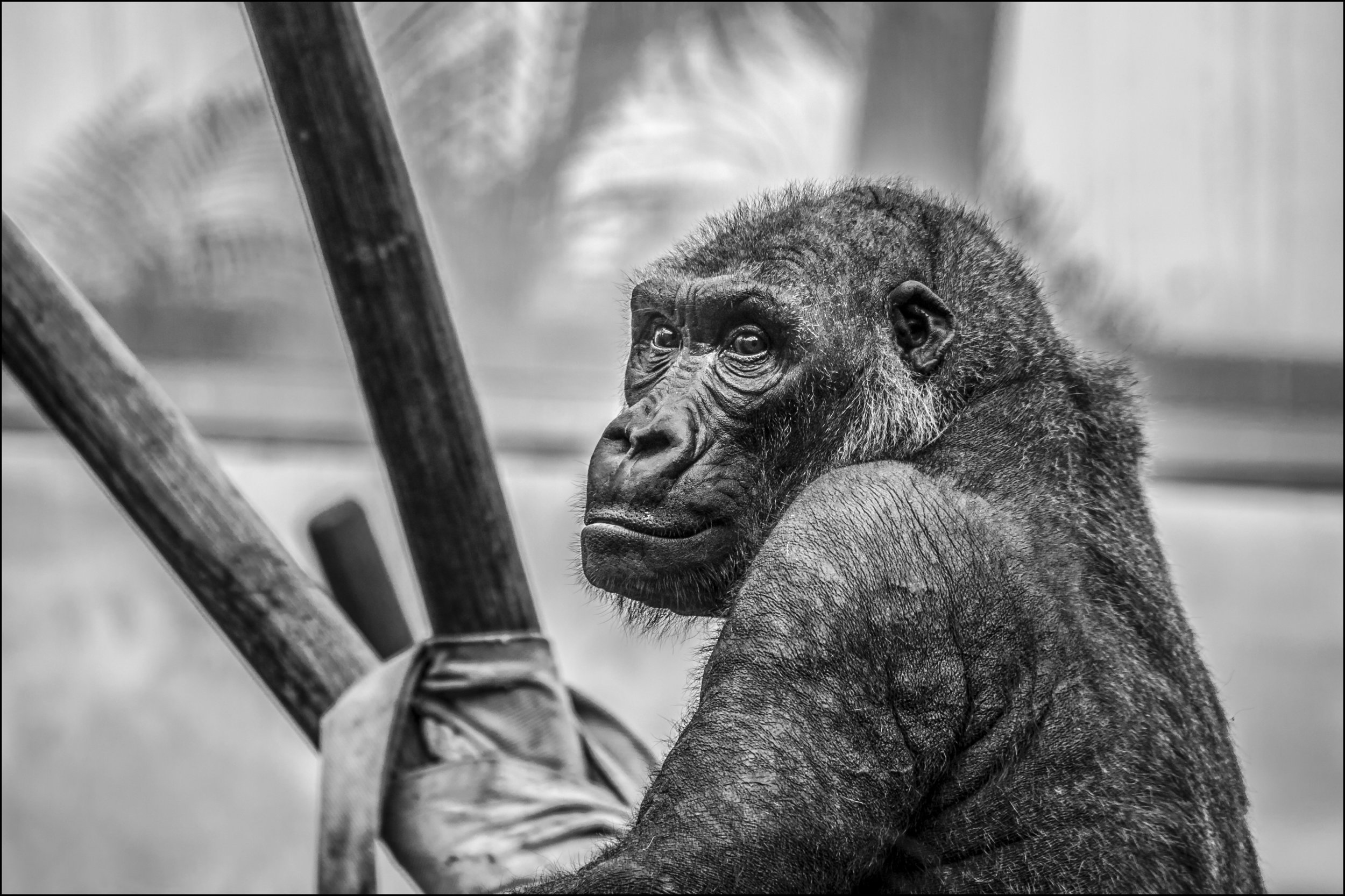Glasgow, Scotland, UK • December 2016 • Length of Read: 2 Minutes
The general consensus seems to be that 2016 has been a pretty shit year and rounding up some of the world events that have taken place over the past twelve months, then, yes, I could see why people may think so. There have been a seemingly mounting number of terrorist attacks; political upheavals; refugee crises; Olympic debacles; doping scandals; and a string of celebrity deaths including David Bowie, Prince, and, most recently, Leonard Cohen.
The truth is, though, we are still living in one of the most peaceful times in history. The reason that we are all seeing the world as this horrible place full of death and destruction is due to the vanishing information communication gap. Nowadays, if something ‘bad’ happens, no matter whereabouts on planet Earth, the media will make it their duty to spread this over every mobile app, newsfeed, and website they possibly can. They are all about the fear mongering, because that it what sells. In reality, it’s not that these attacks and tragedies are on the increase, it’s that previously we were just oblivious to their happening. I'm not saying that 2016 is without its flaws, I'm just saying that it needs to be put in perspective.
Personally, I think 2016 has been a fucking great year.
I rang in the New Year by shooting assault weapons at an old military rifle range in Vilnius, Lithuania. Here, I befriended two crazy blondes who would change my life more than they will ever know. During a manic period at work, I managed to sneak away to Copenhagen, Denmark with them before launching my first paperback book, Crobs Abroad: A Scot’s Misadventures with a Backpack. To celebrate this, and my 25th birthday, I then hit up Reykjavik and New York City for a summer holiday.
A trip to Vienna, Austria in July gave me the chance to catch-up with two friends who I hadn’t seen since living with them in Maastricht, The Netherlands four years prior. It also sparked a deeper connection with an Italian girl I’d met in Riga, Latvia over eighteen months before. The pair of us would go on an autumn road trip through the Balkans and then meet again in Prague, Czech Republic for a winter getaway. These trips combined to form my second publication, We Ordered a Panda: Tales of City-Hopping around Europe.
It’s sometimes those experiences closer to home, though, that really shine through and my weekend spent camping in the Wimbledon queue to get tickets for Centre Court has to be the surprise package highlight of 2016 for me. We met some great people and I can’t wait to do it all over again in the future. It’s something that could very easily become a tradition.
The year rounded off with me leaving my job, packing my life in a rucksack, and starting a world tour down under in Sydney, Australia. Over the course of 2016 I’ve visited 10 different countries, crossed off 7 bucket list items, and created lifelong memories and friendships.
Yeah, by my accounts, 2016 has been a pretty fucking great year. Here are the Top 5 experiences:
- Firing Assault Weapons at a Rifle Range [Vilnius, Lithuania]
- Camping out in the Wimbledon Queue [London, UK]
- Bathing in the Blue Lagoon [Reykjavik, Iceland]
- Visiting Time's Square [New York, USA]
- Being Reunited with my ERASMUS Buddies [Vienna, Austria]
Thanks for reading and let's make 2017 even better ;)






